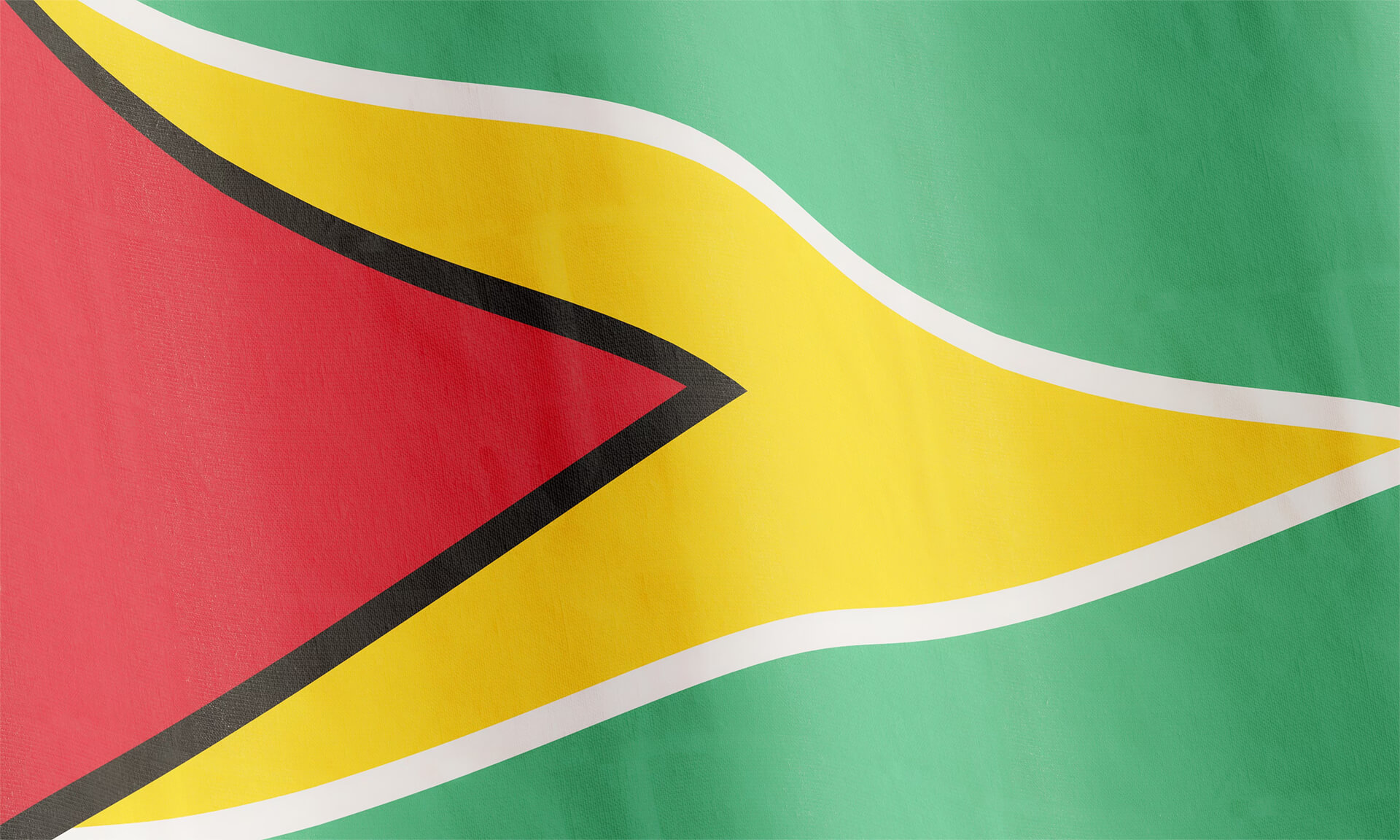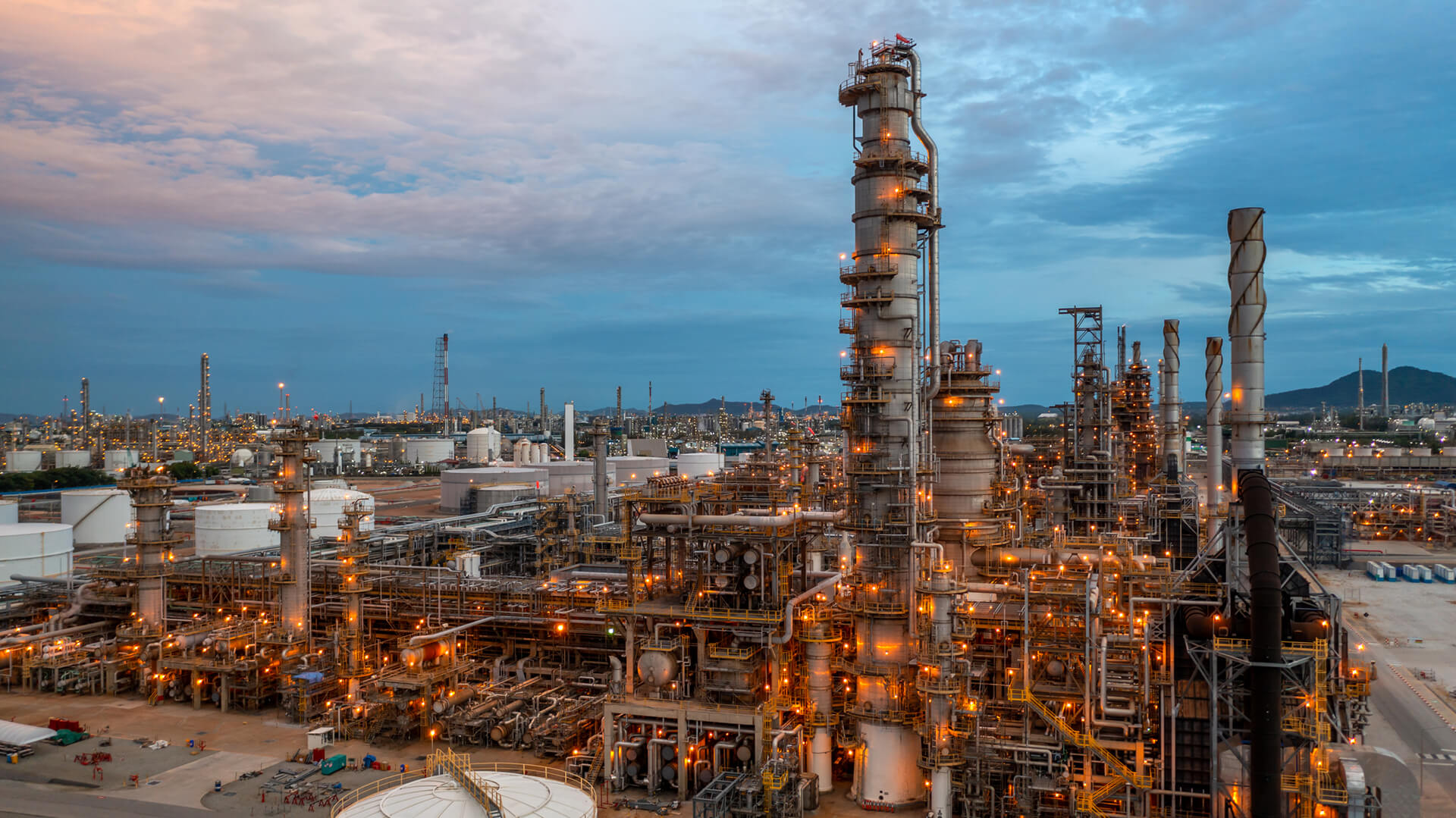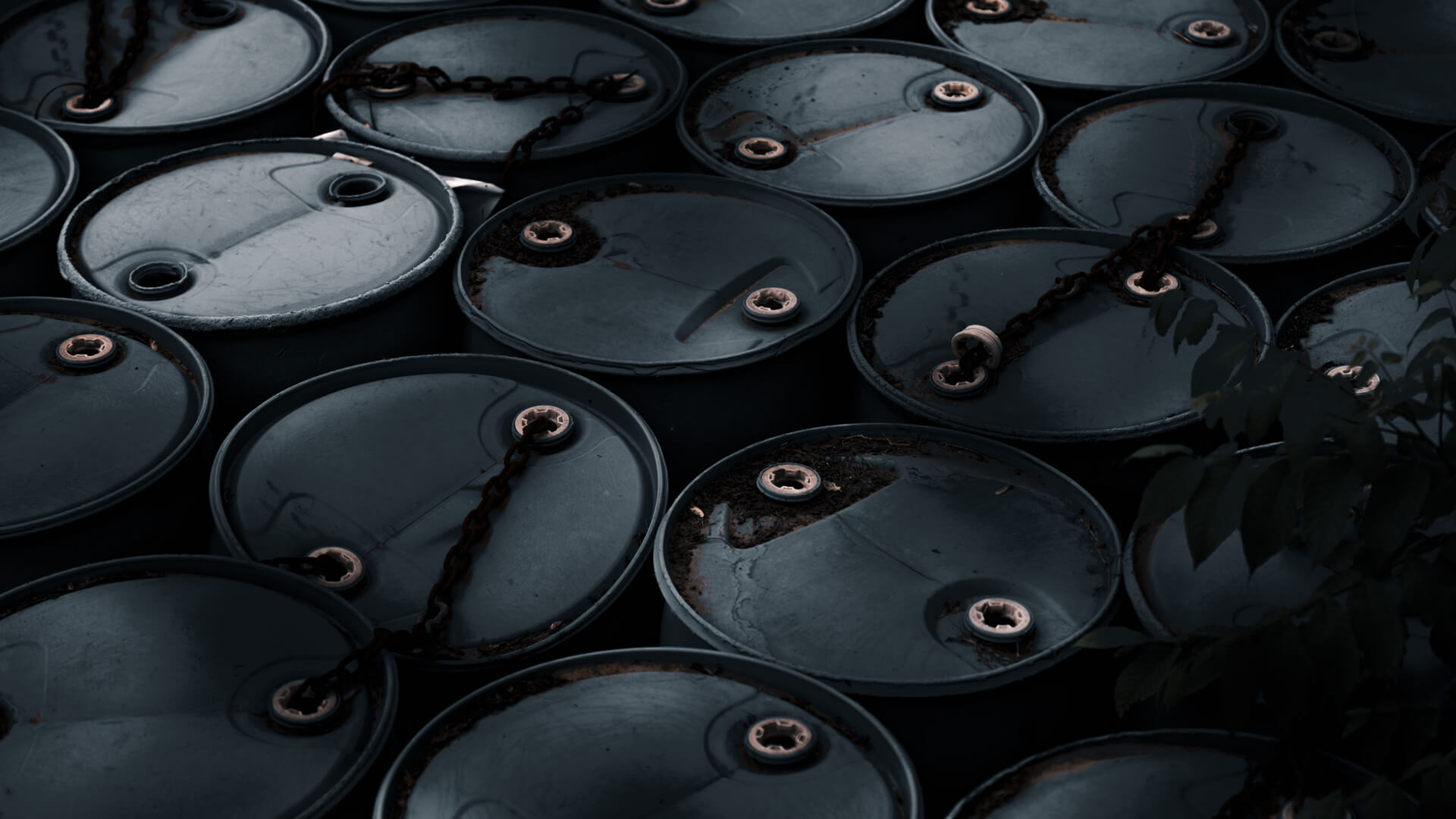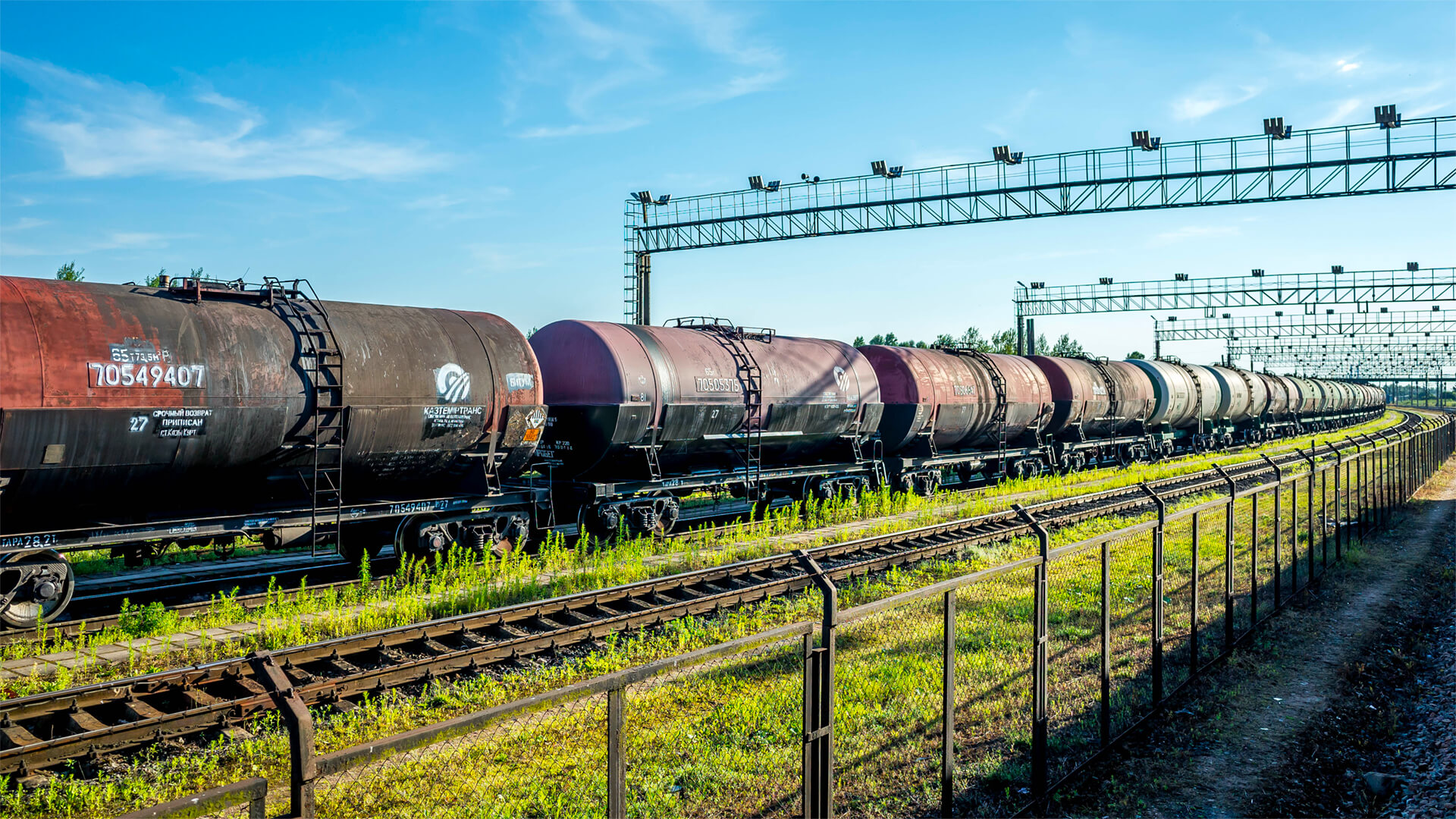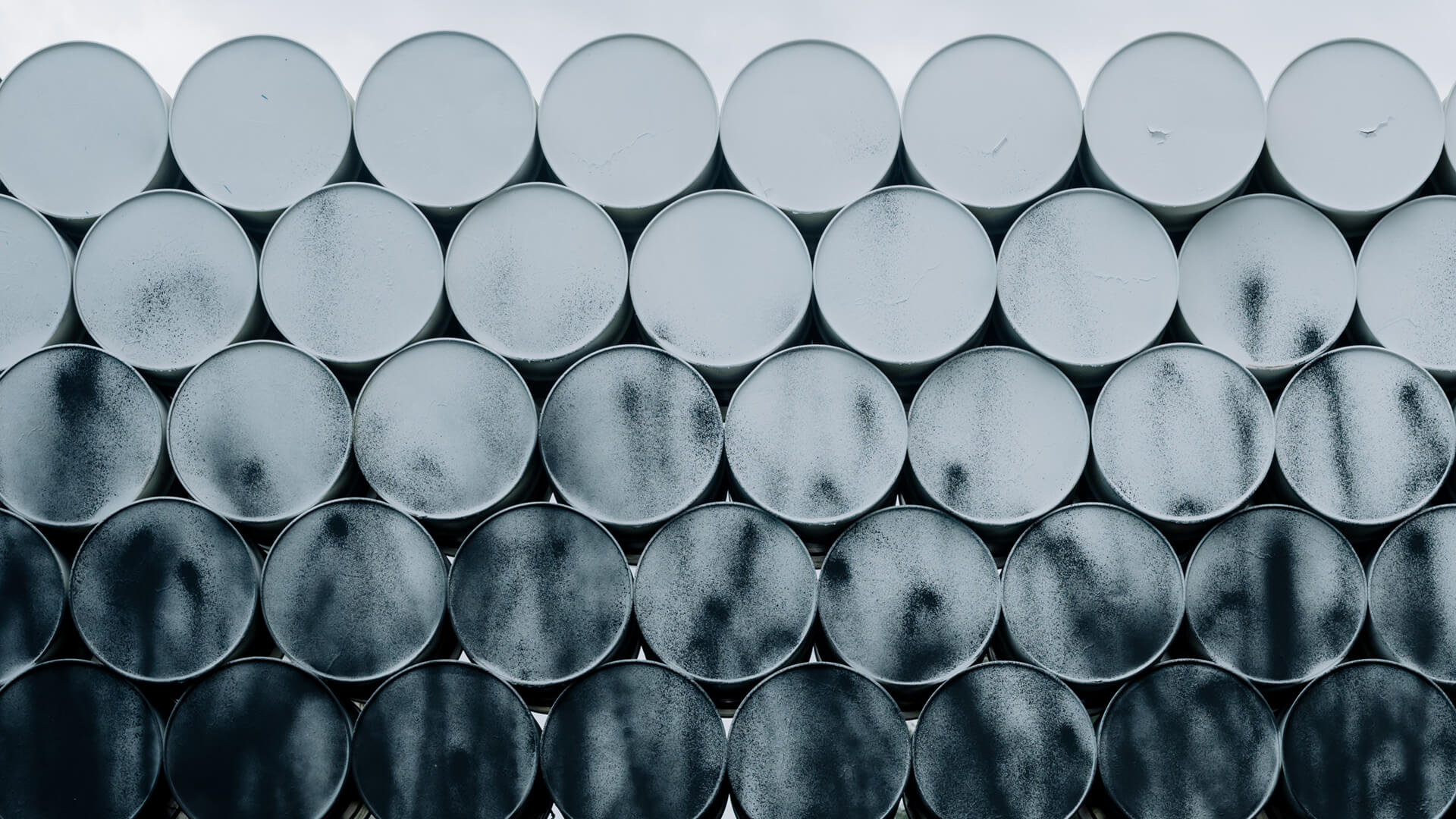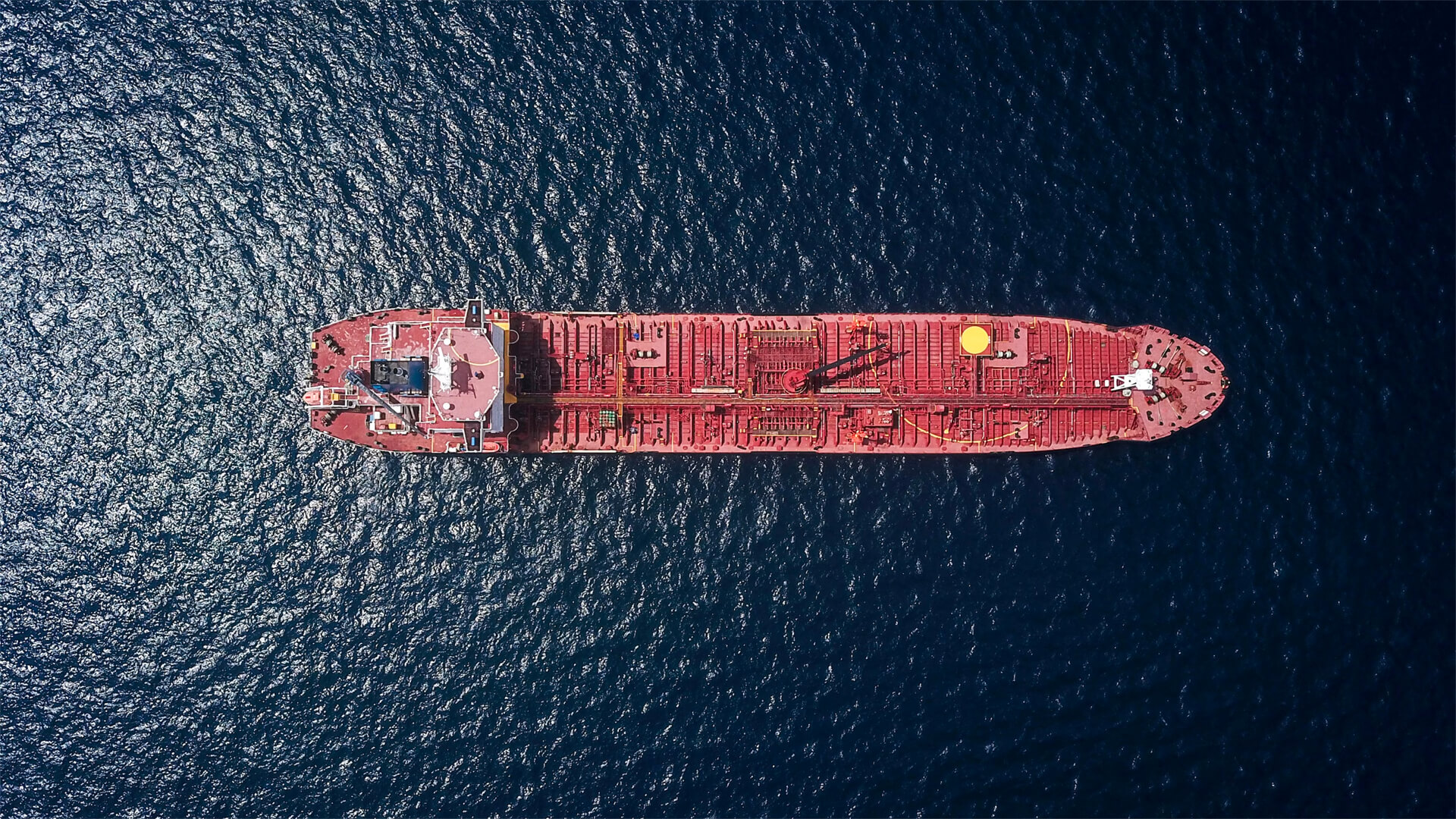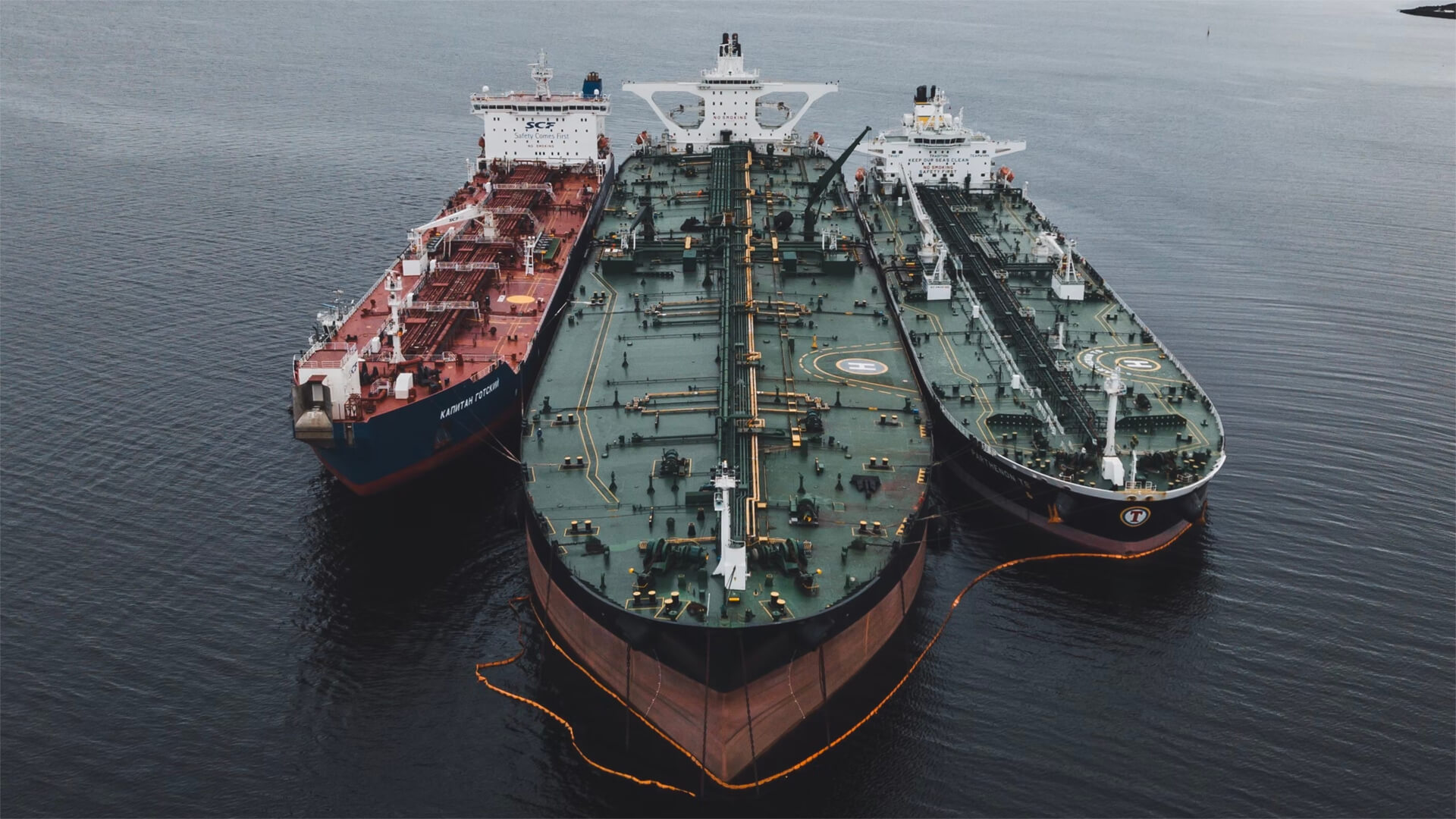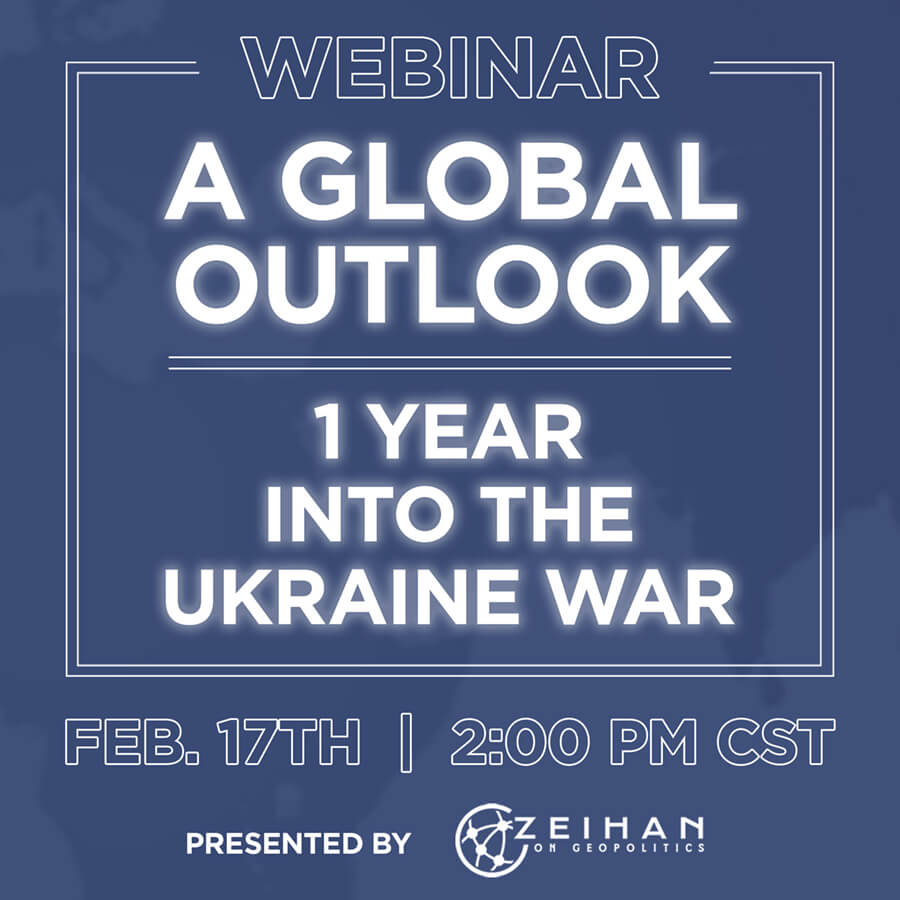*This video was recorded prior to Peter departing on his backpacking trip in July.
Guyana is a country we don’t hear about too often, but its rise as an oil producer has earned it some air time. In particular, we’ll be looking at the implications this carries for global oil markets.
Guyana discovered oil in the late 2010s and aims to produce 1.4 million barrels per day within the next five years. ExxonMobil is the big dog leading this operation. So, who will this bump in the oil markets impact the most?
Countries in the Eastern hemisphere will gain some added stability to the oil supply mix. As Russian oil loses its legs in Europe, any outside sources will be welcomed with open arms. For the Americans, the emergence of Guyana on the oil markets isn’t great news, as the medium sweet crude coming from Guyana works well with European refineries. So, mark this one down as a nice win for the Europeans and a small loss for the Americans.
Here at Zeihan On Geopolitics we select a single charity to sponsor. We have two criteria:
First, we look across the world and use our skill sets to identify where the needs are most acute. Second, we look for an institution with preexisting networks for both materials gathering and aid distribution. That way we know every cent of our donation is not simply going directly to where help is needed most, but our donations serve as a force multiplier for a system already in existence. Then we give what we can.
Today, our chosen charity is a group called Medshare, which provides emergency medical services to communities in need, with a very heavy emphasis on locations facing acute crises. Medshare operates right in the thick of it. Until future notice, every cent we earn from every book we sell in every format through every retailer is going to Medshare’s Ukraine fund.
And then there’s you.
Our newsletters and videologues are not only free, they will always be free. We also will never share your contact information with anyone. All we ask is that if you find one of our releases in any way useful, that you make a donation to Medshare. Over one third of Ukraine’s pre-war population has either been forced from their homes, kidnapped and shipped to Russia, or is trying to survive in occupied lands. This is our way to help who we can. Please, join us.
Transcript
Hey, everybody. Peter Zeihan here, coming to you from Colorado. Today, we’re going to talk about something in the Western Hemisphere that isn’t related to the American political system. We’re focusing on Guyana, of all places. Guyana is a small statelet on the northern coast of South America, which historically hasn’t mattered much at all.
It’s located in the middle of the tropics and is bordered by the Amazon, so there hasn’t been much going on there until someone discovered oil in the late 2010s. Back in 2018, this place produced nothing, but today, it’s producing about 600,000 to 650,000 barrels of oil a day. ExxonMobil is the primary operator for nearly the entire operation. Just this week, they started their seventh expansion, with the goal of reaching 1.4 million barrels per day within five years.
From the perspective of big producers like Russia, the U.S., or Saudi Arabia, this isn’t a huge amount of oil. However, to give you some context, this production level is more than Iran is exporting right now and puts Guyana above countries like Qatar or Libya.
Let’s talk about the pros and cons. If you’re in the Eastern Hemisphere and concerned about oil security, which you should be, this is, of course, a great sign. One of the issues we’re seeing with the Ukraine war is that Western countries have gradually ratcheted down on tech transfers to Russia, particularly in oil extraction technology. The goal here was to strangle the Russian economy so that it couldn’t afford the war. Initially, efforts started with things like price caps, then targeting shipping insurance, and now focusing on the shadow fleet of tankers trying to circumvent the sanctions. And while all of this is working, they haven’t yet taken steps to actually destroy Russia’s ability to produce oil in the first place.
At the margins, the technology required for offshore production has been denied to the Russians, but offshore production wasn’t a significant part of their operations. The real driver of Russia’s oil production is labor and tech transfer. Over the last 25 years, Russia has transitioned from a Soviet-style system, which sloppily produced a lot of crude at relatively easy fields, to a more focused system that uses more technology to efficiently produce crude at more advanced sites. Today, I’d argue that probably two-thirds of Russia’s oil production comes from that latter system, which relies on foreign technology and expertise.
When the Ukraine war began, most major service companies, like Halliburton, cut their contracts and withdrew from Russia. However, they did two things: first, they sold their local subsidiaries to their employees, who were Russian nationals, thereby maintaining an under-the-table connection. Second, they pre-sold a couple of years’ worth of equipment to allow these new subsidiaries to continue operating. As a result, Russian oil output has remained steady throughout the conflict.
Now, a few things are happening. First, the Europeans have largely separated themselves from the Russian energy complex. Yes, crude is still flowing to third countries, where it is refined and sent back to Europe, but the exposure is much less than it was two years ago. Second, the last of the pipelines across Ukraine are starting to fluctuate due to legal and operational reasons. The Ukrainians have always stated that when the contracts with Russian oil and natural gas companies expire, they will turn off those pipelines. And yes, despite two years of war marked by sexual assault, genocide, and kidnapping, the Europeans have pressured Ukraine to keep oil and natural gas flowing across Ukraine into Europe. However, this arrangement will end by the end of this year. In fact, earlier this month, we saw cutoffs in the lines going to Slovakia, the Czech Republic, and Hungary.
A little side note here: the Czech Republic and Slovakia managed to get exemptions to the sanctions imposed two years ago, but they’ve been working hard to find alternative supplies and build replacement infrastructure. Hungary, on the other hand, has not, and now they find themselves without oil and natural gas. There’s a story within a story here for the Europeans, but that’s a topic for another day.
The bottom line is that, with the exception of Hungary, most European countries have pretty much weaned themselves off Russian energy. Now, the Europeans are discussing how to actually kill the Russian energy sector, and they’re focusing on stopping tech transfers. Currently, it’s legal for third parties, most notably China, to buy this equipment and send it to Russia. The Europeans are now discussing how to expand the sanctions regime to prevent this from happening. Considering that the Europeans are already in the early stages of a pretty intense trade war with China, this is a powerful lever they can use in various ways. Essentially, if the Europeans can force China to cut off support to Russia, China might maintain some market access to Europe, which is crucial for avoiding its own economic breakdown. So, this is real, and it’s probably going to happen in the next few months. When it does, we’ll likely see more problems in the Russian energy complex as they struggle to get their oil to market.
If you’re in the Eastern Hemisphere, and the 5 to 7 million barrels per day of crude and related products that Russia produces start to wobble, having an extra million to a million and a half barrels of medium-sweet crude coming out of Guyana suddenly becomes very attractive. And if you’re European, this is a great match because the crude from Russia is a medium-sour blend, while the crude from Guyana is a medium-sweet blend. It’s not too far off from what European refineries were designed to process. So, if you’re European, you now have a backup plan.
The downside is for American producers. The U.S. shale sector is significantly different by several metrics from global oil norms. Most of the world’s crude is relatively heavy and sour, meaning it’s thick, viscous, and contains a lot of contaminants, most notably sulfur. U.S. light-sweet shale is different because it didn’t migrate through rock formations, so it didn’t pick up contaminants. Also, because it was trapped in rock strata almost at the moment of formation, it never had a chance to mix with anything and get thick and gooey. So, it’s light, sweet, and basically the consistency of nail polish remover.
This was great at first, but once you start producing 8 million barrels a day of it, which has all hit the market in the last 15 to 20 years, you basically saturate the market for that kind of demand. The Guyana crude, while definitely heavier and more sour than U.S. light-sweet, isn’t so far removed that it competes in a fundamentally different product bracket.
So, if you’re an American shale producer, you’re basically selling into a super-saturated market in the U.S. right now and trying to export this crude to the wider world for a better price. But now, you have roughly a million to a million and a half barrels of competition coming from Guyana. Ironically, Exxon’s new project has made the economics of shale just a little bit worse.
I don’t think anyone is going to be broken over this, and it has made the security of Europe quite a bit better. Whether or not that’s a win for you depends on which side of the pond you happen to call home.

